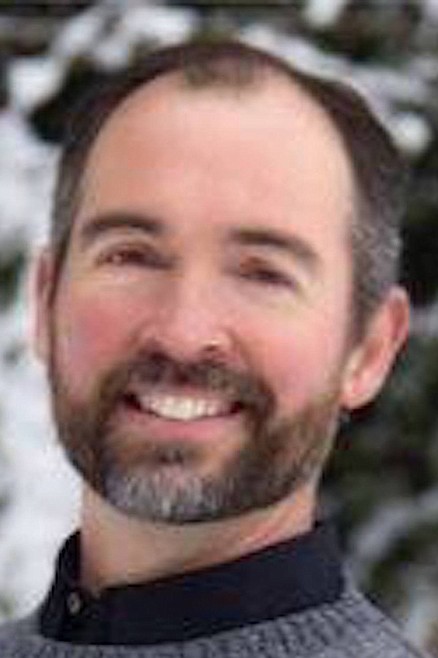Legislative session: From taxes to COVID-19
Last week was the end of the 2020 legislative session, and the end of the 65th term of the Idaho Legislature as a whole. In total this year, there were 775 pieces of legislation drafted, 525 of which became bills.
These are a few of the topic that were addressed:
One of the most discussed issues going into the session was Idaho’s rising residential property tax. For a variety of reasons, property taxes have increased and there has been much concern expressed from all corners of the state. Upon arriving at the Capitol there were many proposals to help ameliorate this problem ranging from increasing the homeowner’s exemption, to increasing the “circuit breaker” programs, to a Proposition 13 type law similar to California’s. In the end, an interim committee was formed to begin the discussion of a long-term solution. There was a Bill that increased the homeowner’s exemption that was amended both in the House and the Senate, with the Senate ultimately not agreeing with the changes passed by the House. What did pass relating to property taxes was a clarification of disabled Veterans exemptions, and a requirement that more information be given to taxpayers on their tax notices. I am certain this will again be a heavily discussed topic in the 2021 session.
Another tax issue that has been promoted for the past few years is the removal of our sales tax on groceries. Despite Governor Little acknowledging the publics desire to see this happen, we were unable to agree on how this should be done. Last year we had an interrupted receipt of taxes that foiled the effort to repeal. This year there was again resistance to an outright repeal, and instead a promotion of increasing the grocery tax credit. This discussion will continue into 2021 as well.
There were two strong efforts to provide more transparency in medical billing this year. Both addressed the issue of what was termed “surprise billing”, although in different manners. “Surprise billing” is the bills received from all medical providers other than the hospital and your direct physician that are often received long after a procedure has been completed. The first proposal, which eventually was held in Committee, proposed bringing all medical providers under an insurance company’s network in order to control costs and make patients aware of everyone that would be billing them for services rendered.
The second was termed the “Idaho Patient Act” and was ultimately signed into law by the Governor. This law addresses “surprise billing” by requiring a listing of every medical provider who the patient can expect a bill from and that these bills be sent in a timely manner. It also addresses the collections aspect of non-payment by encouraging the use of small claims court as opposed to hiring law firms to sue patients which can result in hundreds of dollars becoming thousands of dollars due to court costs and attorney’s fees.
The attempt to increase transportation funding was vetoed by the Governor due to the increased use of general fund revenue. The bill would have provided additional sales tax revenue to transportation, splitting the funds between state and local entities, and creating an account to specifically deal with the decaying bridges throughout the State.
Other actions were another increase in teacher salaries, per the Governor’s recommendation, as well as increasing K-12 funding for the sixth year in a row. We continued the reform of occupational licensing, passed multiple laws regarding elections, and provided protections for both landlords and tenants.
The final days of the 2020 Session were marked by a growing concern about the threat of COVID-19 in Idaho, and how we as a legislature might need to react. As it became clearer that the Governor would take some sort of action, the need for us to adjourn and get back to serve our districts became stronger.
Our responsibility as representatives does not end with the end of the Session, and the health crisis has made or public role even more important this year. I am grateful for the opportunity to serve District 1, and am grateful for the strength and generosity of her citizens.
Sage Dixon represents Bonner and Boundary counties in the Idaho House of Representatives, District 1B. He can be reached at sdixon@house.idaho.gov.

